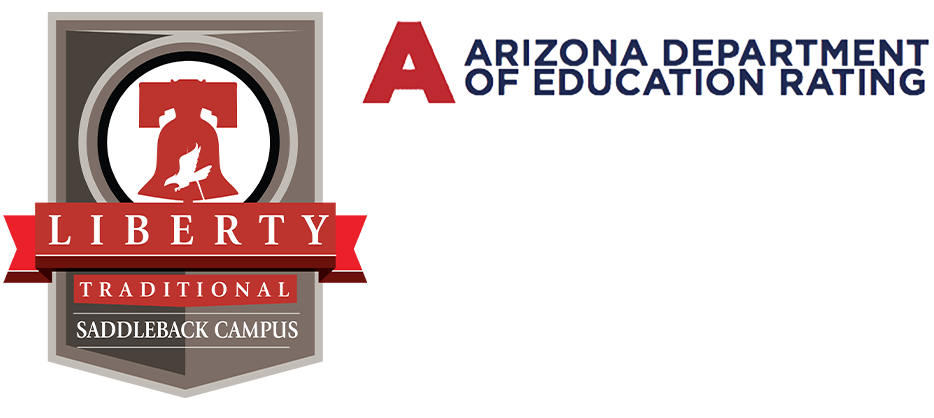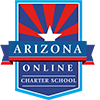The school year has been over for about a month now, and we’re deep into summer fun. It’s hard to think about, but we are already gearing up for the 2015-2016 school year at Liberty. It’s right around the corner! Can you believe it?
As educators, we are planning to concentrate on reading, especially for English Language Learners. But we are also busy planning math curriculum that follows statewide standards.
Why does math matter? Have you noticed that no matter the career now, from technology to retail to medical fields, math seems to be involved? Computer programmers utilize algorithms, artists work with geometry, nurses use measurement conversion, designers work with ratios, retail associates need to know algebra to calculate sales percentages, plus every trip to the market includes addition and subtraction, even if just for making change.
It is important to recognize, as a whole, Arizona students fall far below the national average in math. Clearly, we have lots of work to do…and we strive to help our students succeed and excel in this and all academic areas.
Some of our parents have shared their struggles with students’ math homework. Our calculators, cash registers and spreadsheets help us out at the office, but one look at equations and sometimes our brains stall. For some of our parents, classroom math is a distant memory.
If you’re one of these parents, don’t worry. Search “math anxiety” online and you’ll find plenty of information about and suggestions to help overcome a fear of numbers, be it yours or your child’s. Find ways to practice math over the summer and students will be ready to problem solve easily. Grade-level math practice workbooks and flash cards are available at local bookstores. And free printable worksheets can be found online, we even have some in the Student 101 board of our Pinterest page.
Another way to make kids (and yourself) comfortable with numbers is to relate them to daily life. For example, when the kids start asking, “Are we there yet?” on your road trip, have them calculate you’ll arrive, using current speed, distance and time. Cooking is a fun, highly-visual way to demonstrate fractions and work out conversions, while also showcasing a bit of science to boot. Sporting events offer plenty of concession sales, statistics and scoreboards for practicing both basic and advanced math.
It’s never too late, or early, to start strengthening those math skills for the start of the school year. After all, we’re almost there!


